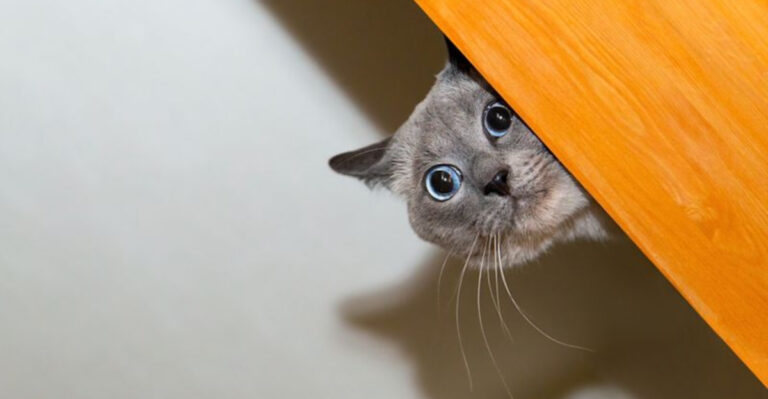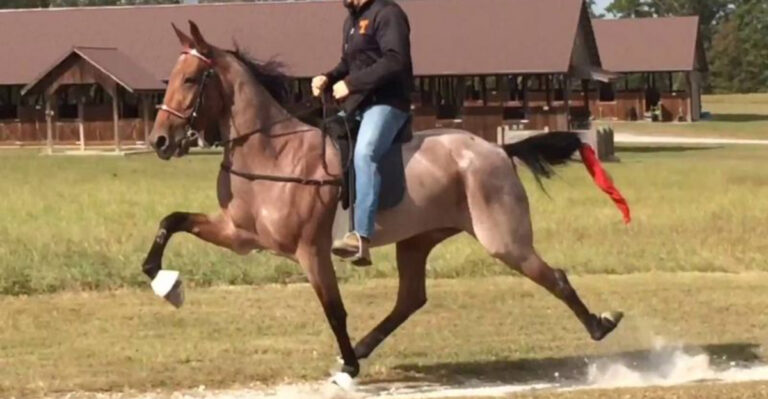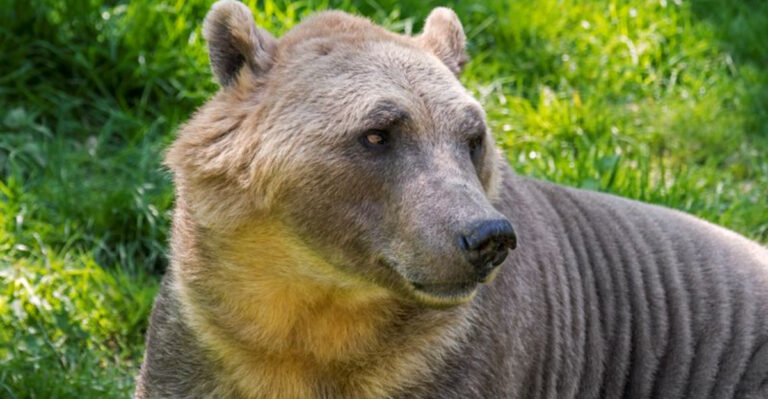16 Low-Maintenance Farm Animals Perfect For Beginners
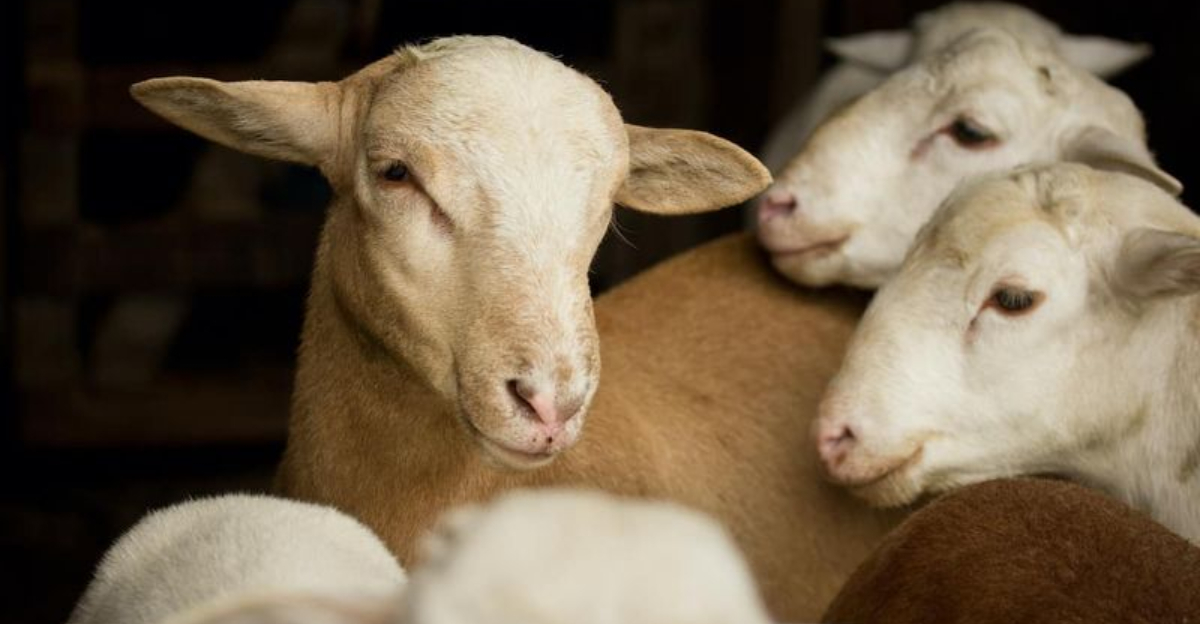
Starting your own little farm doesn’t have to be overwhelming! Even with a busy schedule or limited experience, you can enjoy raising animals that need minimal attention.
These low-maintenance farm friends are perfect for newcomers who want to dip their toes into farm life without diving headfirst into complicated care routines.
1. Chickens: The Gateway Farm Animal
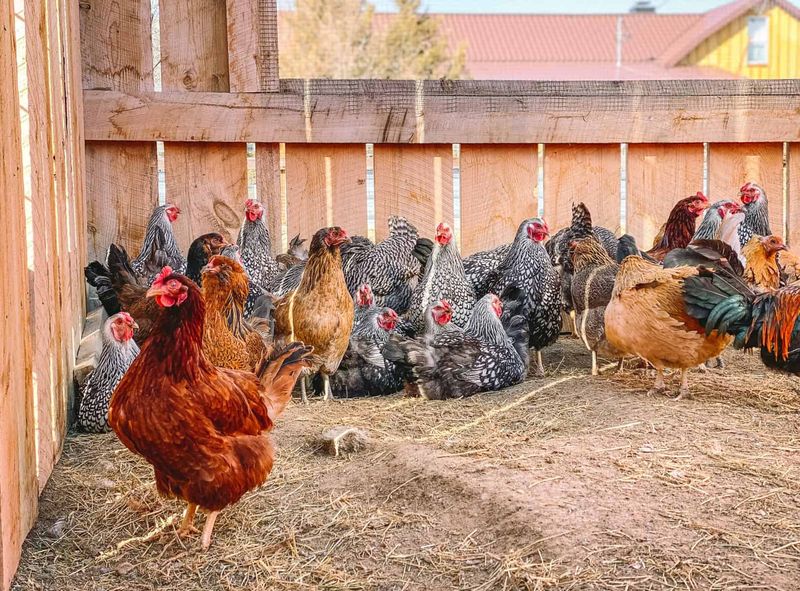
Feathered and full of personality, chickens require just minutes of daily care. Feed them, collect eggs, and ensure they’re locked up safely at night.
Most breeds thrive with basic shelter, food, water, and protection from predators. Their amusing antics provide endless entertainment while they help control bugs in your yard.
Bonus: fresh eggs with vibrant orange yolks that make store-bought versions pale in comparison!
2. Honey Bees: Tiny Workers With Sweet Rewards
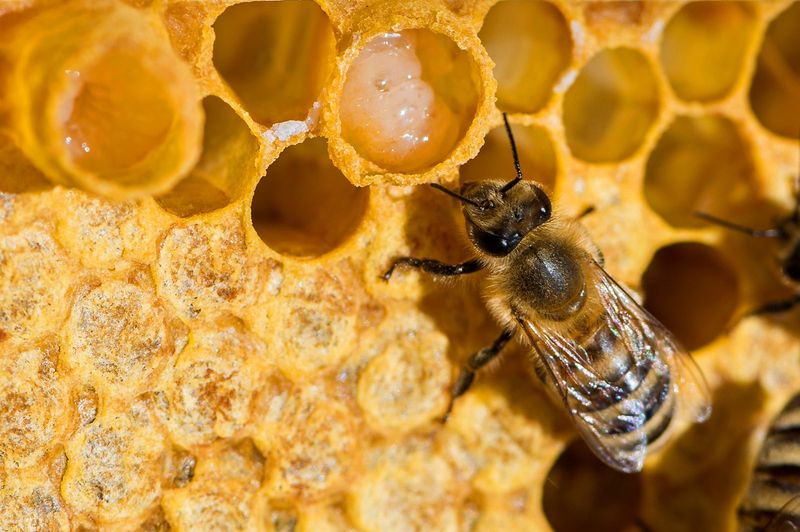
Buzzing with productivity, honey bees largely care for themselves once established. Unlike other livestock, they forage independently and require seasonal rather than daily attention.
Beginning beekeepers need only check hives every 7-10 days during warm months. Winter months demand even less oversight as bees cluster inside their hives.
Their pollination services benefit gardens while producing liquid gold for your breakfast table!
3. Ducks: Water-Loving Egg Layers
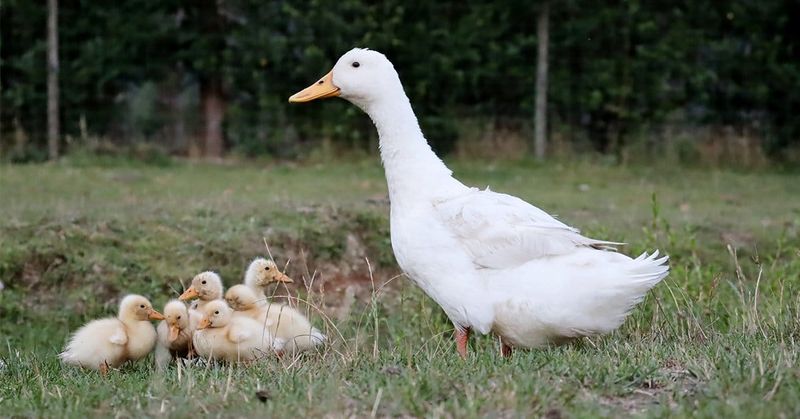
Hardier than chickens and bursting with charm, ducks waddle through life with minimal health issues. Their waterproof feathers mean they stay comfortable in all weather conditions.
You’ll appreciate their excellent foraging skills—they eagerly hunt slugs, snails, and insects. Many breeds consistently lay eggs throughout the year, sometimes outperforming chickens during winter months.
A simple kiddie pool satisfies their swimming needs if you lack a pond.
4. Nigerian Dwarf Goats: Compact Dairy Champions
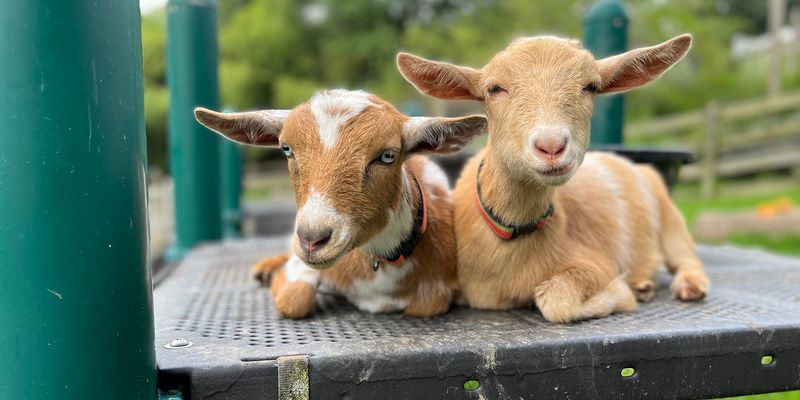
Standing just 23 inches tall, these miniature milk-makers pack farming fun into a small package. Despite their size, they produce sweet milk with higher butterfat content than larger breeds.
Their playful antics and affectionate nature make them instant family favorites. Two goats minimum keeps them socially satisfied, preventing lonely bleating sessions.
A modest shelter, secure fencing, and access to browse keeps these little dairy dynamos happy.
5. Quail: The Apartment-Friendly Option
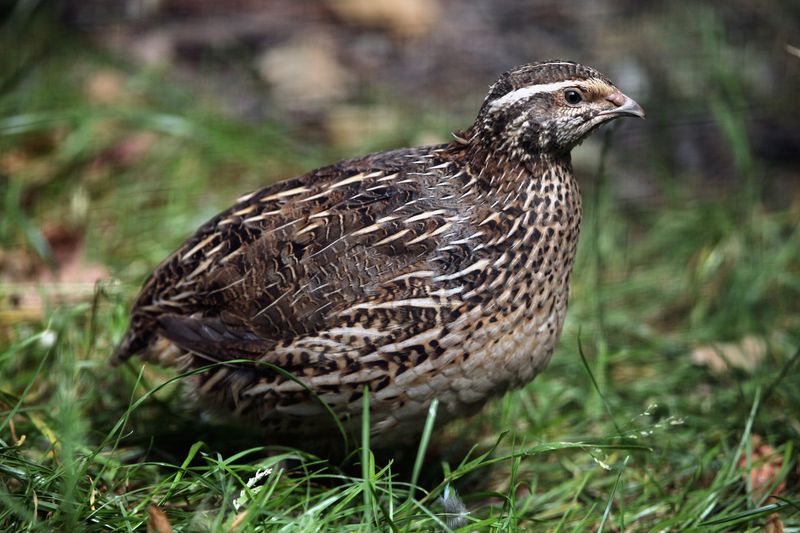
Tiny but mighty, quail fit farming into spaces where no other livestock could thrive. A hutch the size of a coffee table can house several birds comfortably.
Their eggs—speckled miniatures packed with nutrition—appear daily after just six weeks of age. Quieter than chickens, they won’t disturb neighbors with early morning crowing.
Bonus for the impatient farmer: they reach maturity in just 8 weeks compared to 5-6 months for chickens!
6. Rabbits: Quiet Meat And Fiber Producers
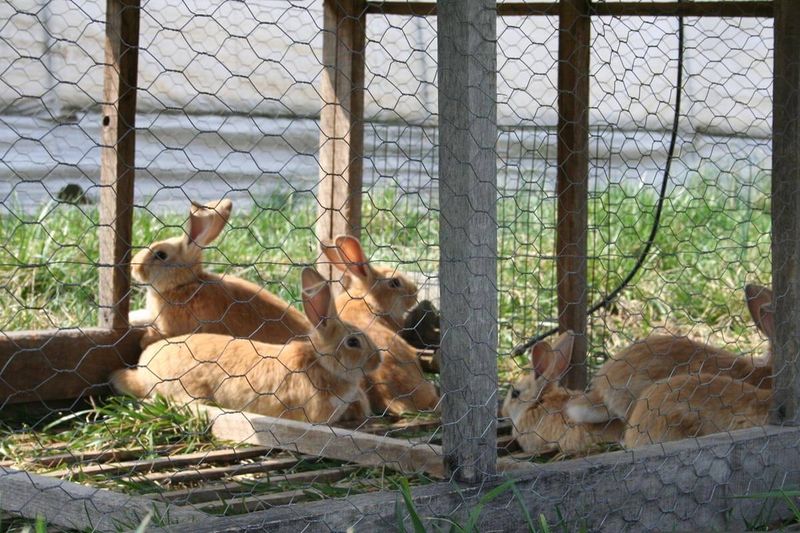
Whisper-quiet and remarkably efficient, rabbits convert feed to meat better than almost any livestock. Their manure—considered gardening gold—can go directly on plants without composting, unlike other animal waste.
Angora varieties provide luxurious wool for fiber enthusiasts. Their simple housing needs include protection from predators and weather extremes.
Many breeds thrive with just weekly cage cleaning and daily feeding/watering routines.
7. Alpacas: Gentle Fiber Friends
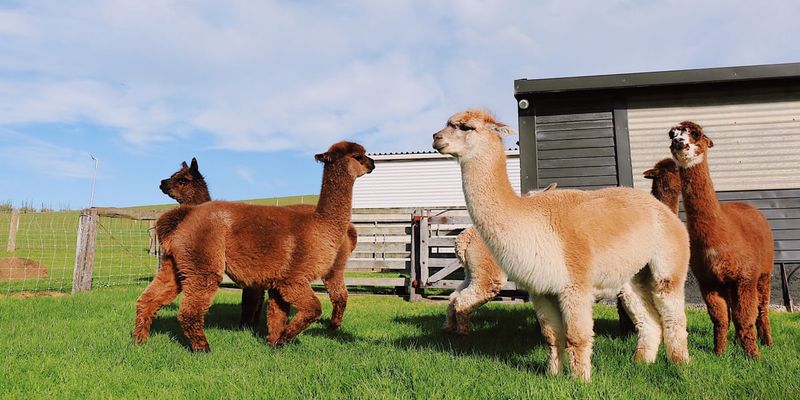
Curious and observant, alpacas communicate with humming sounds and require minimal handling. Unlike horses or cattle, their soft padded feet cause little damage to pastures.
Annual shearing yields valuable fiber for spinning and weaving projects. Their communal bathroom habits—they designate specific areas for waste—makes cleanup surprisingly simple.
These social creatures need at least one companion but reward owners with their peaceful presence and intelligence.
8. Worms: Underground Composting Crew
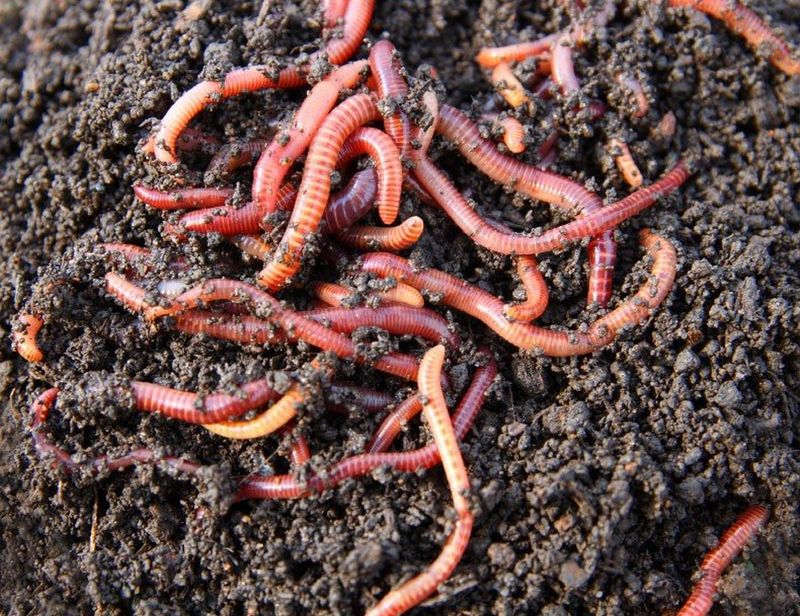
Red wigglers transform kitchen scraps into gardening magic with zero noise or smell when properly maintained. A simple bin under your sink houses thousands of these silent workers.
They multiply quickly, doubling their population every 90 days. Their castings—considered the Cadillac of fertilizers—boost plant growth dramatically.
Perfect for apartments or homes without yards, they’re the ultimate low-space, high-return farming venture for absolute beginners.
9. Guinea Fowl: The Natural Pest Patrol
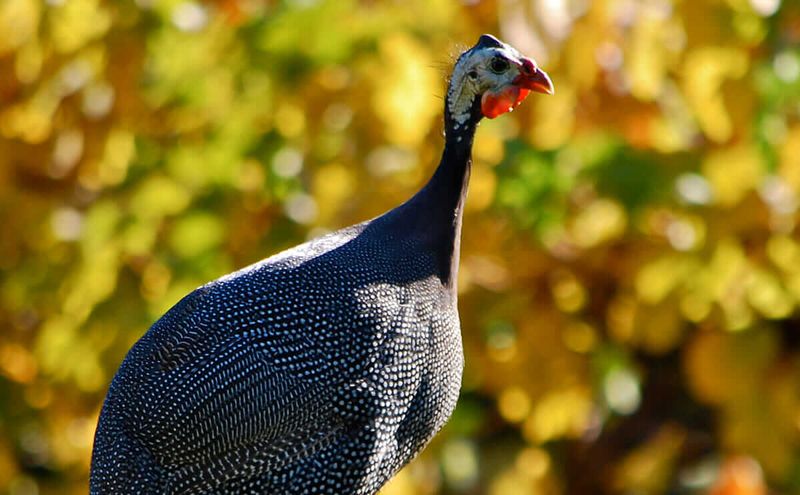
Sporting polka-dotted feathers and prehistoric calls, guinea fowl earn their keep by devouring ticks, flies, and garden pests. Their constant patrolling significantly reduces insect populations without chemical interventions.
Unlike chickens, they rarely scratch up gardens or flowerbeds. Their alert nature makes them excellent watchdogs, sounding alarms when strangers approach.
Once established, they require minimal supervision while free-ranging during daylight hours.
10. Sheep: The Self-Propelled Lawn Mowers
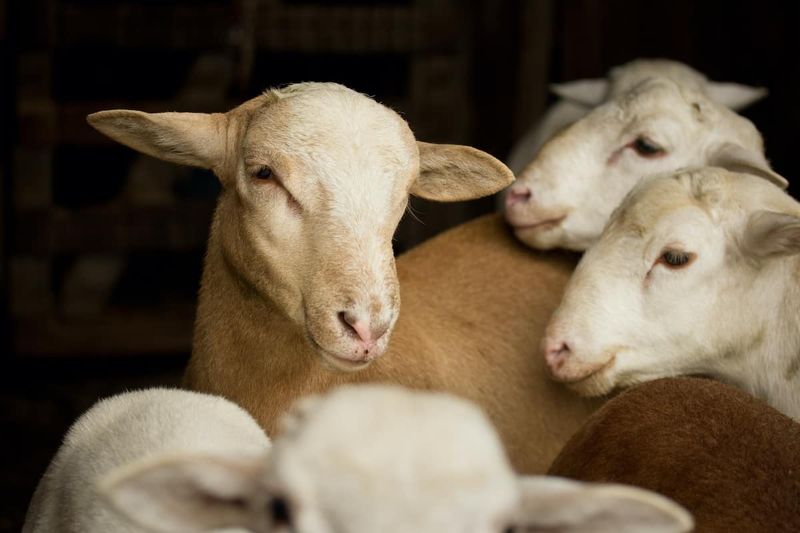
Hair sheep breeds like Katahdin and Dorper eliminate the need for shearing—they naturally shed their winter coats. Their efficient grazing converts grass into meat without expensive grain supplements.
Unlike cattle, their smaller size means easier handling and less intimidating care. A simple three-sided shelter protects them from harsh weather.
Rotational grazing with portable electric netting keeps them contained while maximizing pasture health and minimizing parasite issues.
11. Tilapia: Backyard Fish Farming

Swimming to the top of low-maintenance aquaculture, tilapia thrive in small spaces with minimal equipment. These hardy fish tolerate less-than-perfect water conditions where other species would struggle.
They grow rapidly, reaching harvest size in months rather than years. Vegetarian appetites mean you can feed them inexpensive plant-based diets, including duckweed you grow yourself.
Aquaponics enthusiasts love how they produce nutrient-rich water for growing vegetables.
12. Muscovy Ducks: The Quiet Waterfowl

Unlike their quacking cousins, Muscovy ducks communicate through soft hisses and tail wagging. Their nearly silent nature makes them neighbor-friendly even in suburban settings.
Self-sufficient foragers, they eagerly hunt flies, mosquitoes, and even mice. Their natural brooding instincts mean they’ll hatch and raise ducklings with minimal human intervention.
These heat-tolerant birds thrive in warm climates where other poultry might struggle during summer months.
13. Bantam Chickens: Pint-Sized Poultry
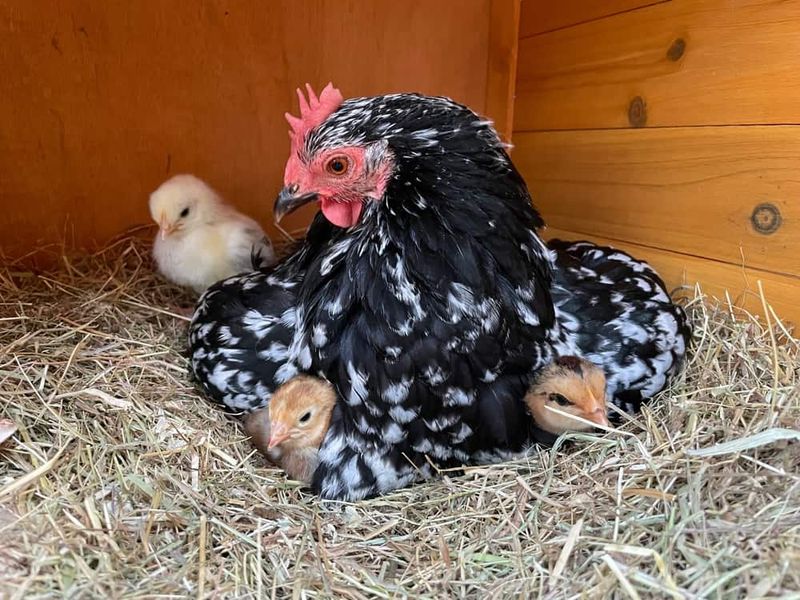
Consuming about half the feed of standard chickens, these miniature versions deliver eggs and entertainment in smaller packages. Their lightweight bodies cause minimal damage to garden areas when free-ranging.
Many breeds exhibit excellent brooding abilities, happily hatching and raising chicks without incubators. Their smaller eggs—about two-thirds standard size—are perfect for children’s hands and single-serving recipes.
Their reduced space requirements make them ideal for urban homesteaders.
14. Pygmy Goats: Compact Companions
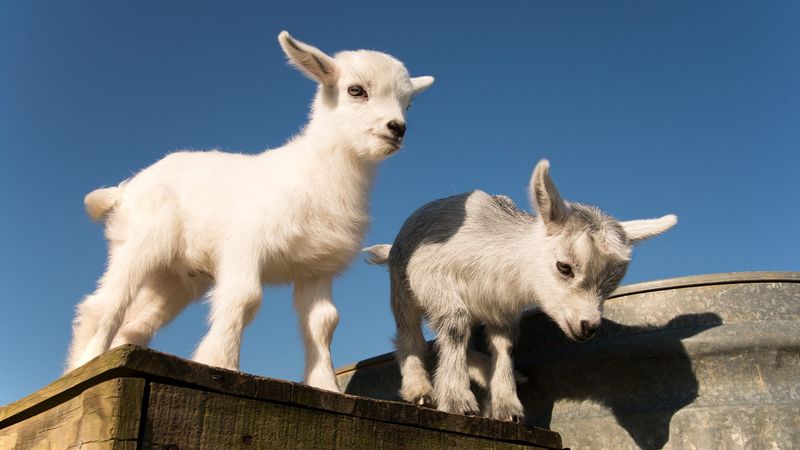
Maxing out at 21 inches tall, these pint-sized caprines pack big personality into small frames. Their minimal space requirements—just 200 square feet per goat—make them suitable for smaller properties.
Natural browsers, they prefer munching on woody plants and weeds rather than grass. Their playful antics—bouncing, climbing, and head-butting games—provide endless entertainment value.
Unlike dairy breeds, they don’t require daily milking, simplifying your care routine significantly.
15. Button Quail: The Micro Poultry
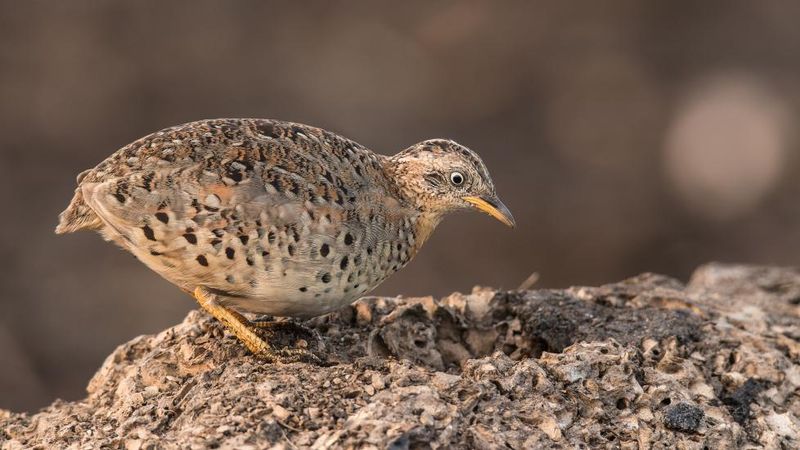
Smaller than your palm, these tiny birds fit farming dreams into apartment living. Their soft chirping sounds more like pleasant background music than farm noise.
A cage the size of a bedside table houses several birds comfortably. Unlike their larger cousins, they don’t require dust baths that create mess—a small sandbox in their cage suffices.
Watching their miniature antics provides stress relief after long workdays.
16. Khaki Campbell Ducks: Egg-Laying Champions
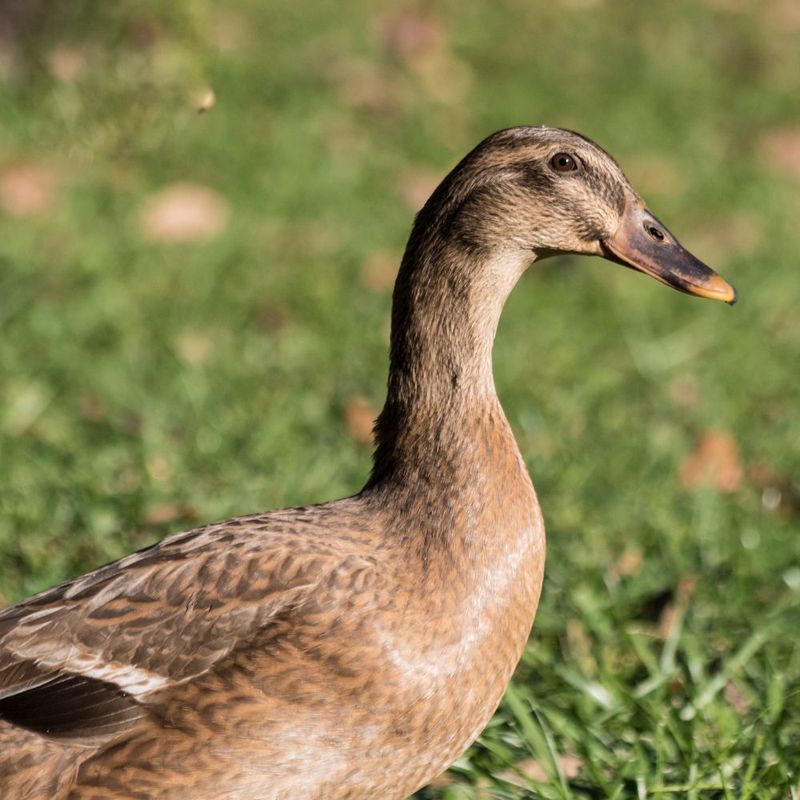
Outperforming most chickens, these remarkable ducks often lay 300+ eggs annually without specialized care. Their efficient foraging reduces feed costs while their water-resistant feathers minimize shelter requirements.
Unlike chickens, they continue laying consistently through winter months without supplemental lighting. Their calm temperament makes them easier to handle than some flightier duck breeds.
They rarely go broody, meaning almost every egg ends up in your collection basket.

